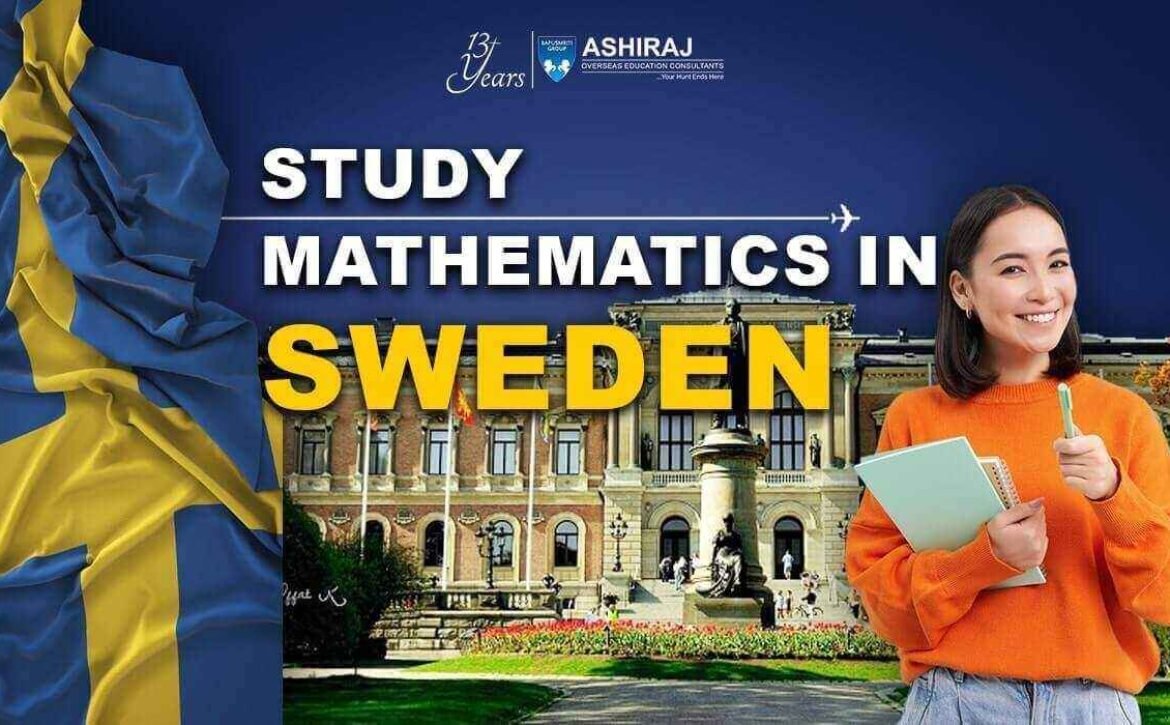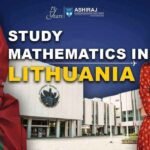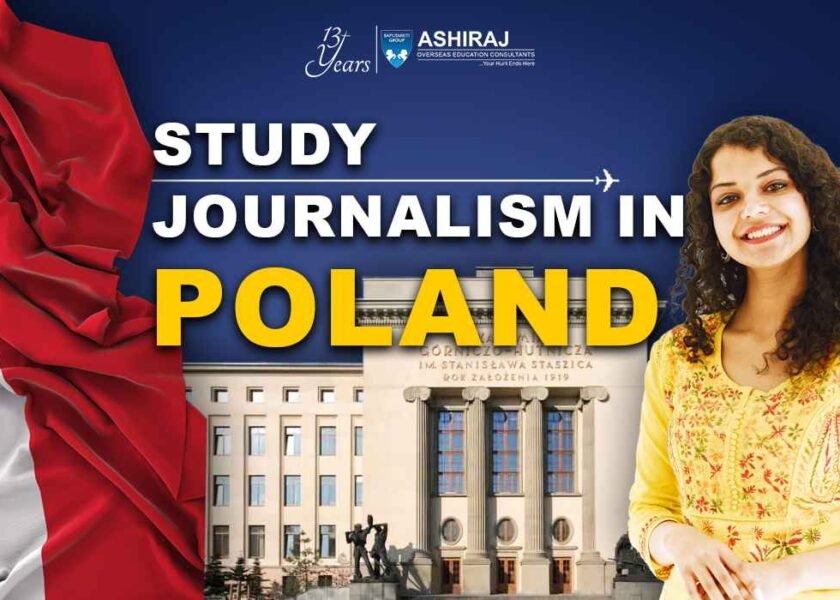
Mathematics in Sweden
Mathematics in Sweden occupies a significant place within the nation’s educational framework and scientific community. Renowned for its innovative approaches to education, Sweden emphasizes mathematics as a fundamental subject from early childhood through higher education. The Swedish education system fosters a culture of critical thinking and problem-solving skills, with mathematics playing a central role in shaping analytical abilities and logical reasoning among students. From primary school to university, mathematics education in Sweden is characterized by a focus on both theoretical understanding and practical application, preparing individuals for a wide array of academic and professional pursuits.
In Sweden, the integration of mathematics into various disciplines reflects its interdisciplinary nature and its vital role in driving innovation and technological advancement. Whether in engineering, finance, or the sciences, proficiency in mathematics is highly valued in Swedish society. Moreover, Sweden’s commitment to research and development ensures a vibrant mathematical community, where scholars and practitioners collaborate on cutting-edge projects, contributing to global advancements in the field. Thus, Mathematics in Sweden not only enriches academic curricula but also serves as a cornerstone for the nation’s scientific and technological progress.
Why to Study Mathematics in Sweden?
- High-Quality Education: Sweden offers a world-class education system, renowned for its excellence in mathematics instruction from primary to tertiary levels.
- Innovative Teaching Methods: Swedish educational institutions employ innovative teaching methods that foster critical thinking and problem-solving skills, ensuring students grasp mathematical concepts effectively.
- Interdisciplinary Approach: Mathematics in Sweden is integrated into various disciplines, providing students with opportunities to apply mathematical principles in fields such as engineering, technology, finance, and the sciences.
- Vibrant Academic Community: Sweden boasts a vibrant academic community, with opportunities for students to engage in research projects and collaborate with leading mathematicians, fostering intellectual growth and innovation.
- Career Opportunities: Proficiency in mathematics opens doors to diverse career paths, with Sweden’s strong economy offering ample opportunities for mathematicians in industries such as finance, technology, research, and academia.
- Global Recognition: A degree in mathematics from Sweden carries global recognition, enhancing graduates’ prospects for employment and further academic pursuits worldwide.
- Quality of Life: Studying mathematics in Sweden offers not just academic benefits but also an opportunity to experience the country’s high quality of life, vibrant culture, and picturesque landscapes.
In conclusion, studying Mathematics in Sweden provides a unique blend of academic excellence, practical application, and opportunities for personal and professional growth, making it an attractive choice for students seeking a rewarding educational experience.
Top Universities to Study Mathematics in Sweden
University | QS World University Ranking 2023 | Type of University | Average Annual Fees | Programs Offered |
KTH Royal Institute of Technology | 50 | Public | SEK 90,000 (~$10,500) | Mathematics, Applied Mathematics, Engineering Mathematics |
Uppsala University | 70 | Public | SEK 80,000 (~$9,300) | Mathematics, Computational Mathematics, Financial Mathematics |
Lund University | 90 | Public | SEK 85,000 (~$9,900) | Mathematics, Pure Mathematics, Mathematical Statistics |
Stockholm University | 110 | Public | SEK 75,000 (~$8,700) | Mathematics, Mathematical Modeling, Computational Mathematics |
Chalmers University of Technology | 120 | Public | SEK 95,000 (~$11,100) | Mathematics, Industrial Mathematics, Applied Mathematics |
Studying mathematics in Sweden offers an array of opportunities with its top-ranking universities. KTH Royal Institute of Technology stands out at the 50th position, known for its focus on applied mathematics and engineering. Uppsala University, at 70th place, offers diverse programs including computational mathematics and financial mathematics. Lund University, ranked 90th, provides extensive courses in pure mathematics and mathematical statistics. Stockholm University, securing the 110th position, emphasizes mathematical modeling and computational mathematics. Chalmers University of Technology, at 120th place, excels in industrial mathematics and applied mathematics. With affordable fees and a wide range of programs, these universities exemplify the excellence of Mathematics in Sweden.
Course Curriculum for Mathematics in Sweden
- Foundation Courses: Mathematics in Sweden begins with foundational courses covering topics such as algebra, calculus, and geometry to build a strong mathematical base.
- Advanced Topics: As students progress, they delve into advanced topics including differential equations, linear algebra, and mathematical analysis, exploring the theoretical underpinnings of mathematics.
- Applied Mathematics: The curriculum emphasizes applied mathematics, offering courses in areas like mathematical modeling, computational mathematics, and numerical analysis, preparing students for real-world problem-solving.
- Specializations: Students have the opportunity to specialize in various branches of mathematics such as pure mathematics, applied mathematics, mathematical statistics, and financial mathematics, tailoring their education to their interests and career goals.
- Research Opportunities: Mathematics programs in Sweden often provide research opportunities, allowing students to work alongside faculty on cutting-edge projects, contributing to advancements in the field.
- Interdisciplinary Approach: The curriculum fosters an interdisciplinary approach, encouraging students to apply mathematical principles in fields such as engineering, technology, finance, and the sciences, reflecting the interconnected nature of Mathematics in Sweden.
Eligibility Criteria & Admission Requirements for MS in Mathematics in Sweden
- Language Proficiency: Applicants are required to demonstrate proficiency in English by providing either IELTS or TOEFL scores. For IELTS, a minimum score of 6.5 is typically required, while for TOEFL, a score of at least 90 is commonly accepted.
- Standardized Tests: Prospective students may need to submit scores from either GRE or GMAT exams. GRE scores around 160 in Quantitative Reasoning are preferred, while a GMAT score of 600 or above is often expected.
- Educational Qualifications: Applicants must hold a bachelor’s degree in mathematics or a related field from a recognized institution. Transcripts demonstrating strong academic performance are typically required.
- Passport & Student Visa: International students must possess a valid passport and obtain a student visa to study in Sweden. The visa application process may require various documents including proof of acceptance from a Swedish university and financial statements.
- Academic Certificates: Along with their application, candidates must submit academic certificates, including their bachelor’s degree certificate and transcripts, attested by the relevant authorities.
- Work Experience: While not always mandatory, relevant work experience in mathematics or a related field may strengthen an applicant’s profile, especially for advanced or specialized programs.
Test | Minimum Score |
IELTS | 6.5 |
TOEFL | 90 |
GRE | 160 (Quantitative Reasoning) |
GMAT | 600 |
Meeting these eligibility criteria ensures that candidates are well-prepared for the rigors of Mathematics in Sweden, setting them on a path toward academic and professional success.
Documents Required for Studying Mathematics in Sweden
- Passport: A valid passport is essential for international students applying to study Mathematics in Sweden. Ensure that your passport has sufficient validity beyond the duration of your intended stay.
- Letters of Recommendation (LOR): Typically, applicants are required to submit two letters of recommendation from academic or professional referees who can attest to their abilities and qualifications in Mathematics.
- Statement of Purpose (SOP): The SOP provides insight into your academic background, career goals, and reasons for choosing to study Mathematics in Sweden. It is a crucial document that showcases your motivation and suitability for the program.
- Curriculum Vitae (CV): A comprehensive CV detailing your educational qualifications, work experience, research projects, publications, and any relevant achievements is required for the application process.
- Official High School Transcripts: Transcripts from your high school or secondary education institution demonstrating your academic performance in Mathematics and other relevant subjects are necessary.
- Educational Certificates: Copies of educational certificates, including your bachelor’s degree or any other relevant qualifications in Mathematics, should be provided.
- Work Experience Certificate: If applicable, a work experience certificate highlighting any relevant professional experience in Mathematics or related fields should be included.
- Proof of Financial Resources: To meet visa requirements and demonstrate your ability to support yourself financially during your studies, provide proof of sufficient funds through bank statements, scholarship awards, or sponsorship letters.
Ensuring the timely submission of these documents is crucial for a smooth application process and admission to Mathematics in Sweden programs.
Admission Process for Mathematics in Sweden
- Research Programs: Begin by researching universities in Sweden offering mathematics programs that align with your academic interests and career goals. Consider factors such as curriculum, faculty expertise, and research opportunities.
- Review Eligibility Criteria: Familiarize yourself with the eligibility criteria, including academic requirements, language proficiency tests (such as IELTS or TOEFL), and standardized test scores (GRE or GMAT).
- Gather Documents: Collect all required documents, including academic transcripts, certificates, passport, letters of recommendation (LOR), statement of purpose (SOP), curriculum vitae (CV), and proof of financial resources.
- Submit Online Application: Complete the online application form provided by your chosen university, ensuring that all sections are accurately filled out and all required documents are uploaded.
- Pay Application Fee: Pay the application fee as specified by the university. Some institutions may offer fee waivers or scholarships based on merit or need.
- Wait for Decision: After submitting your application, wait for the university’s decision. This process may take several weeks to months, depending on the institution and program.
- Acceptance and Visa Application: Upon receiving an offer of admission, accept the offer and begin the process of applying for a student visa. Prepare all necessary documents, including the acceptance letter from the university, to support your visa application.
Following these steps diligently can enhance your chances of successfully gaining admission to Mathematics in Sweden programs and embarking on a rewarding academic journey.
“Education is the most powerful weapon which you can use to change the world.”
Nelson Mandela
Cost of Mathematics Course in Sweden
- Tuition Fees: Public universities in Sweden typically offer tuition-free education for EU/EEA students, including those studying Mathematics. However, non-EU/EEA students may incur tuition fees ranging from SEK 80,000 to SEK 95,000 per year (~$9,300 to ~$11,100), depending on the institution and program.
- Living Expenses: While tuition fees may be covered for some students, it’s essential to budget for living expenses. On average, international students should budget around SEK 8,000 to SEK 10,000 per month (~$930 to ~$1,160) to cover accommodation, food, transportation, and other personal expenses.
- Scholarships and Financial Aid: Mathematics in Sweden programs often offer scholarships and financial aid options to international students based on academic merit, financial need, or specific criteria set by the university or external organizations.
- Health Insurance: All students studying in Sweden are required to have comprehensive health insurance coverage. EU/EEA students may be eligible for healthcare through the European Health Insurance Card, while non-EU/EEA students typically need to purchase private health insurance.
- Additional Expenses: Miscellaneous expenses such as books, study materials, residence permit fees, and travel may also contribute to the overall cost of studying Mathematics in Sweden. It’s essential to account for these expenses when planning your budget.
Scholarships for Mathematics Courses in Sweden
Scholarship Name | Amount | Application Deadline |
Swedish Institute Scholarships | Fully Funded (Tuition, Living Expenses, Travel) | Varies (Around December – January) |
Karolinska Institutet Global Master’s Scholarships | SEK 150,000 – SEK 295,000 (~$17,500 – ~$34,300) | January 15 |
Stockholm School of Economics Scholarships | Varies (Partial to Full Tuition Coverage) | Varies (Between January – March) |
Uppsala University Global Scholarships | SEK 25,000 – SEK 75,000 (~$2,900 – ~$8,700) | January 15 |
Lund University Global Scholarship Program | SEK 70,000 – SEK 100,000 (~$8,100 – ~$11,600) | January 15 |
Securing scholarships can significantly alleviate the financial burden of studying Mathematics in Sweden. The Swedish Institute Scholarships offer fully funded opportunities covering tuition, living expenses, and travel costs, with application deadlines typically falling around December to January. Other institutions like Karolinska Institutet, Stockholm School of Economics, Uppsala University, and Lund University also provide various scholarships with varying amounts and deadlines, offering partial to full tuition coverage. Applying for these scholarships well in advance and meeting the specified deadlines can enhance your chances of receiving financial support for your studies in Mathematics in Sweden.
Career Opportunities After Mathematics in Sweden
Job Profile | Average Salary (SEK) |
Data Analyst | 500,000 – 600,000 |
Actuary | 600,000 – 800,000 |
Quantitative Analyst | 600,000 – 800,000 |
Statistician | 500,000 – 700,000 |
Software Engineer | 600,000 – 800,000 |
Mathematics in Sweden opens up a plethora of career opportunities with lucrative salaries. Data analysts, leveraging their mathematical skills to analyze and interpret data, earn an average salary ranging from 500,000 to 600,000 SEK. Actuaries, responsible for assessing financial risks using mathematical models, command salaries between 600,000 to 800,000 SEK. Quantitative analysts, utilizing advanced mathematical techniques in finance, earn similar salaries. Statisticians, applying statistical methods to analyze data and solve problems, earn between 500,000 to 700,000 SEK. Software engineers, often requiring strong mathematical foundations, earn salaries in the range of 600,000 to 800,000 SEK. With a degree in Mathematics from Sweden, individuals can pursue diverse and rewarding careers in various industries, enjoying competitive salaries and opportunities for growth.
Frequently Asked Questions About Mathematics in Sweden
Entry requirements typically include a bachelor’s degree in Mathematics or a related field, language proficiency (IELTS/TOEFL), and sometimes standardized test scores (GRE/GMAT).
Yes, several scholarships are available, including the Swedish Institute Scholarships and university-specific scholarships, based on academic merit and financial need.
Tuition fees vary but are often waived for EU/EEA students. Non-EU/EEA students may pay tuition fees ranging from SEK 80,000 to SEK 95,000 per year.
Graduates can pursue careers as data analysts, actuaries, quantitative analysts, statisticians, software engineers, and more, with competitive salaries and growth prospects.
Yes, international students are permitted to work part-time during their studies, typically up to 20 hours per week.
Yes, many universities in Sweden offer Mathematics programs taught entirely in English to accommodate international students.
A master’s degree in Mathematics typically takes two years to complete in Sweden.
The application process involves submitting an online application, academic transcripts, language proficiency test scores, letters of recommendation, and a statement of purpose.
Yes, Swedish universities offer research opportunities for students interested in advancing their knowledge in various areas of Mathematics.
International students have access to support services such as academic advising, counseling, career services, and assistance with visa and residency matters.




